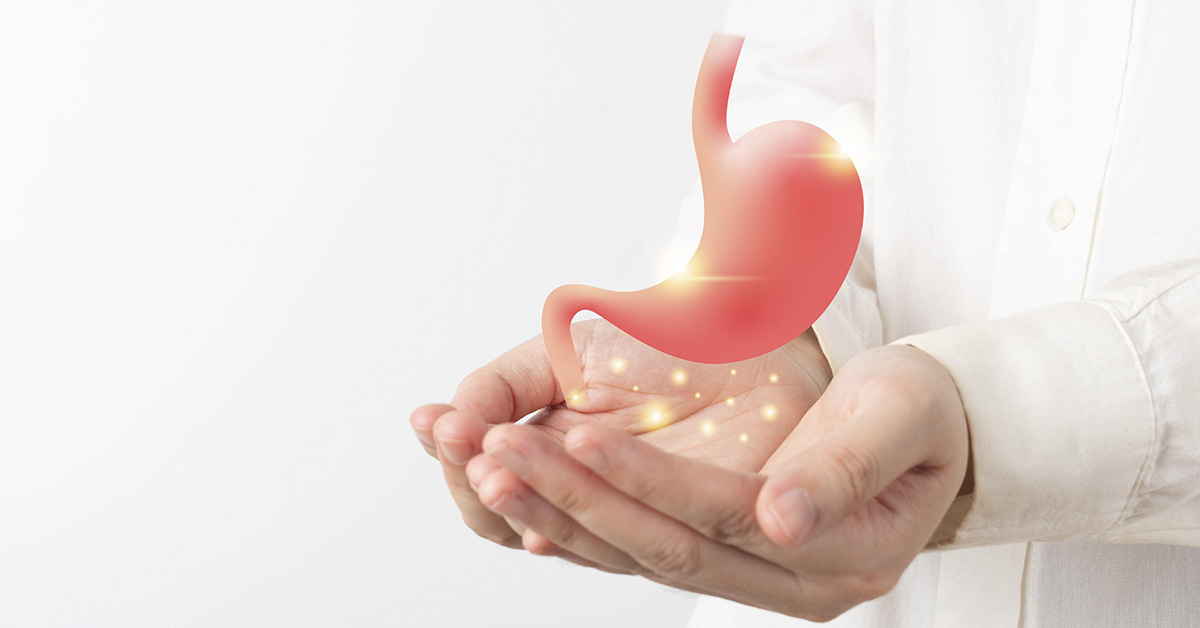If you often deal with tummy troubles, knowing the worst foods for your stomach can save you a lot of pain. Some foods just don’t sit well and can cause gas, bloating, cramps, or worse. Instead of guessing what went wrong, it helps to know what to watch out for. Sometimes it’s the foods you least expect that can throw your stomach completely off balance. A lot of common favorites are actually hiding digestive nightmares behind their delicious taste. By understanding which foods cause problems, you can make smarter choices and feel a whole lot better day-to-day. No one likes being curled up with stomach pain after a meal. A few simple swaps could make all the difference in how you feel. Let’s dig into 10+ foods that could be secretly upsetting your stomach.
1. Fried Foods
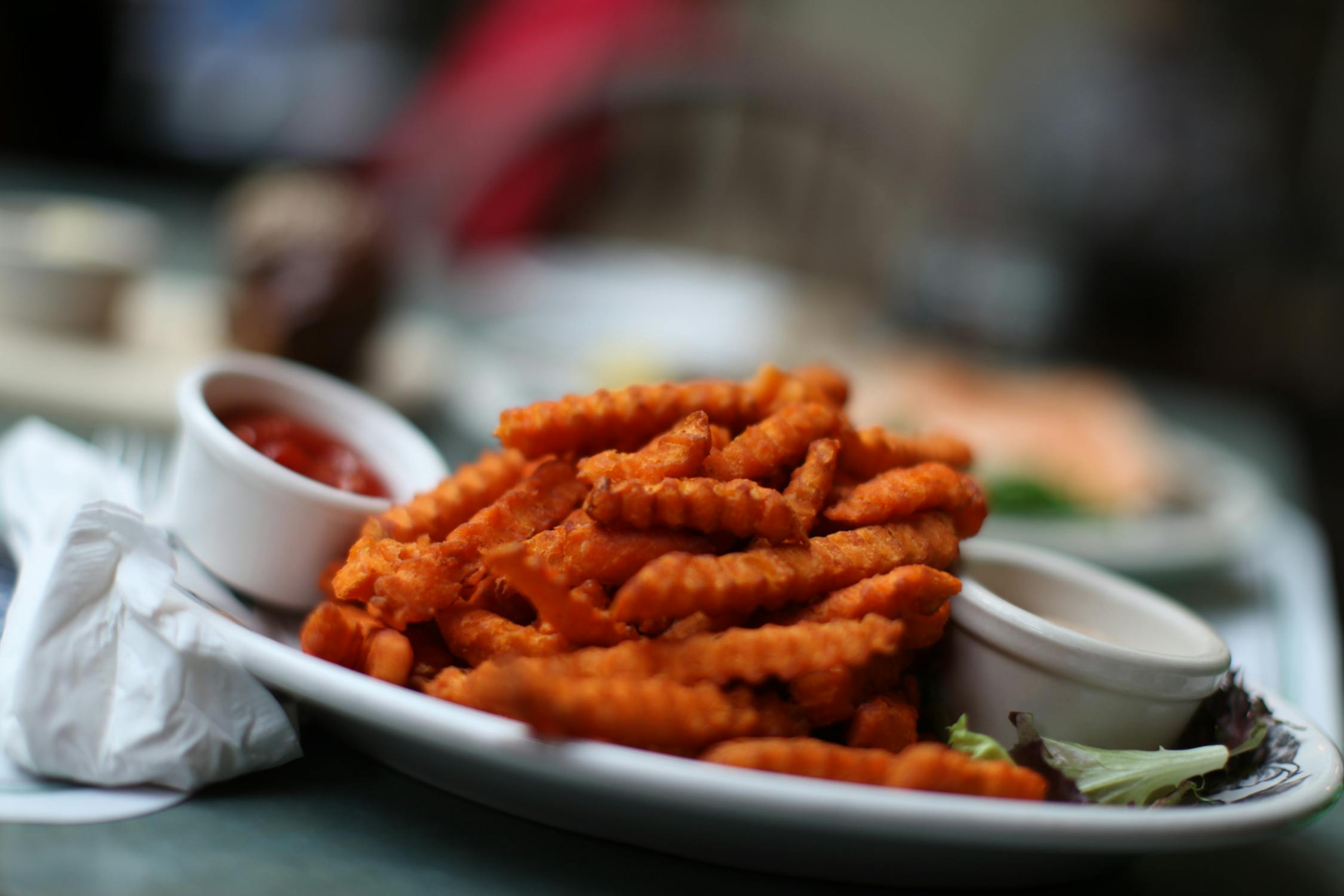
Fried foods might taste amazing, but your stomach often pays the price afterward. They are loaded with fat, making them harder for your digestive system to break down quickly. Because they sit in your stomach longer, they can cause bloating, gas, and even nausea. People who already deal with acid reflux or GERD often find fried foods make their symptoms way worse. You might feel that uncomfortable heavy feeling that just doesn’t seem to go away. Fried foods also slow down the overall digestion process, leading to constipation for some people. Plus, most fried foods are low in fiber, which only adds to the problem. If you find yourself always feeling gross after a plate of fries, your gut is probably trying to tell you something. Limiting fried foods or switching to baked versions can help your stomach stay a lot happier.
2. Dairy Products

Not everyone handles dairy the same way, even if you love cheese or ice cream. If you’re lactose intolerant, your body doesn’t produce enough lactase to properly digest the sugar in milk. This can lead to cramping, bloating, diarrhea, and a lot of uncomfortable gas. But even people without full-blown lactose intolerance can struggle with too much dairy. Heavy creams, cheeses, and milk-based desserts can overload your digestive system. Some people don’t even realize dairy is the sneaky cause of their regular stomach aches. The symptoms can pop up hours later, making it tricky to connect the dots. Trying lactose-free products or limiting your intake can make a huge difference. Your stomach might seriously thank you for it in the long run.
3. Spicy Foods

Spicy foods can turn a regular dinner into a stomach nightmare if you’re not careful. Hot peppers and spicy sauces contain compounds that can irritate your stomach lining. For some people, this irritation triggers acid reflux, heartburn, and even sharp stomach pains. Others might find themselves rushing to the bathroom not long after eating something too spicy. If your gut already feels sensitive, spicy foods can add fuel to the fire quickly. You don’t have to give up spicy foods completely, but moderation is key. Paying attention to how much spice your stomach can actually handle is really important. Some people can handle mild spices but struggle with anything hotter. It’s all about knowing your own limits and not pushing your gut past what it can tolerate.
4. Artificial Sweeteners

Artificial sweeteners might seem like a healthy swap, but they can really mess with your stomach. Substitutes like sorbitol, xylitol, and erythritol aren’t fully absorbed by your body. Instead, they pass into your colon where bacteria break them down, creating gas. This can lead to bloating, cramping, and even diarrhea for some people. Even small amounts can cause uncomfortable symptoms if you’re sensitive. Sugar-free gum, candies, and diet drinks are often loaded with these sweeteners. If you’ve ever felt sick after chewing a bunch of sugar-free gum, now you know why. Cutting back on artificial sweeteners or sticking to natural options like honey can help. Your gut health might noticeably improve once you make the switch.
5. Beans
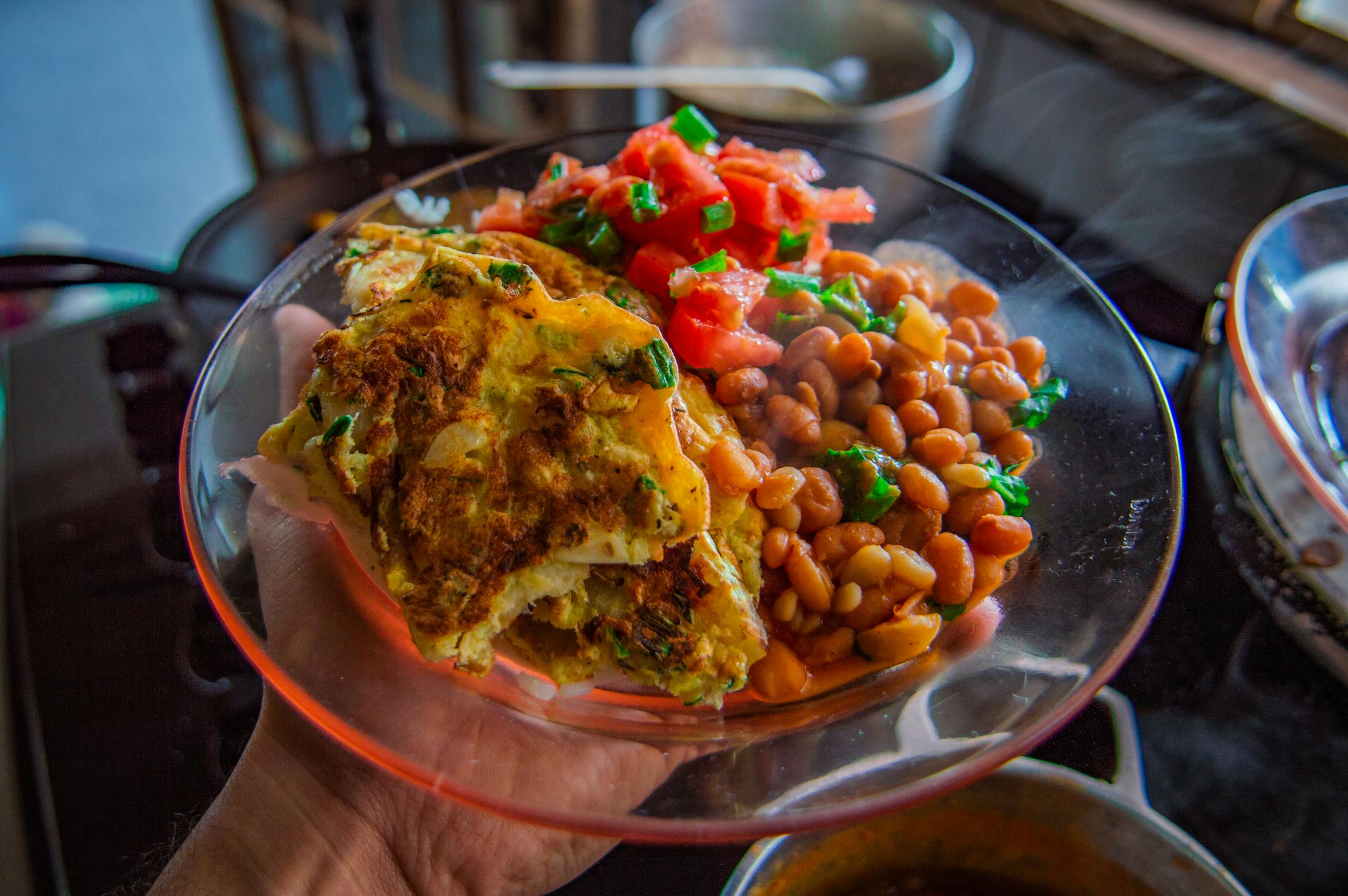
Beans are packed with fiber and protein, but they can cause major issues for your gut. They contain specific types of sugars called oligosaccharides that your body struggles to break down. These sugars make it all the way to your colon before being digested, causing gas and bloating. This is why you often feel super gassy after eating a lot of beans. However, beans are also incredibly nutritious, so you don’t want to avoid them entirely. Soaking beans overnight before cooking them can help remove some of the problem-causing sugars. Cooking them thoroughly also makes them easier to digest. You can also start with smaller portions and slowly build up your tolerance over time. Beans don’t have to be the enemy, but a little preparation goes a long way in keeping your stomach happy.
6. Carbonated Drinks

Carbonated drinks might be refreshing, but they can cause a lot of trouble for your stomach. All those tiny bubbles are actually pockets of gas. When you drink soda or sparkling water, you’re swallowing extra air along with your beverage. This trapped gas can lead to bloating, burping, and uncomfortable pressure in your gut. If you already deal with acid reflux, carbonated drinks can make the burning sensation even worse. Plus, many sodas are loaded with sugar or artificial sweeteners, which only add to digestive issues. Even so-called “healthier” sparkling waters can still cause bloating if you drink a lot of them. Cutting back or sipping slowly can help, but for some people, avoiding fizzy drinks altogether is the only real fix. Your stomach might feel a lot calmer without all that extra gas bouncing around.
Read More: 15 Common Foods That Could Be Sabotaging Your Health, According to Doctors
7. Processed Meats

Processed meats like sausages, hot dogs, and deli slices might be convenient, but your stomach often struggles with them. These meats are usually packed with preservatives, salt, and fat. The high fat content slows digestion, which can leave you feeling heavy and bloated. Plus, all that salt can pull water into your intestines, sometimes causing diarrhea or cramping. Nitrates and other preservatives might also irritate your gut lining over time. Some studies even suggest that processed meats can harm the balance of good bacteria in your gut. This can lead to more inflammation and digestive upset. If you notice stomach issues after eating processed meats, switching to fresher options like grilled chicken or turkey could help. Your gut will definitely appreciate the upgrade.
8. Chocolate
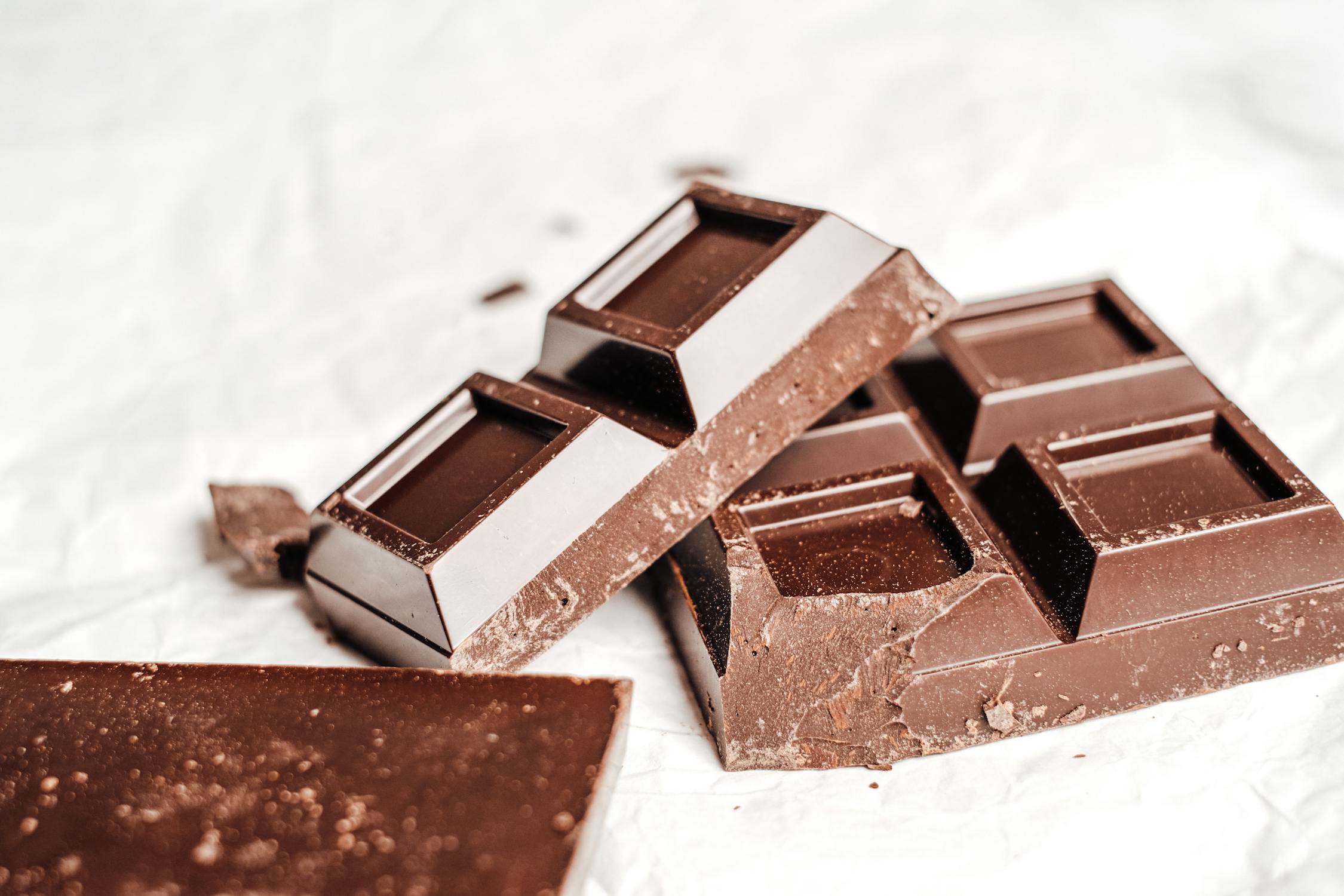
Chocolate might be a beloved treat, but it can be sneaky trouble for your stomach. It’s a mix of fat, caffeine, and sugar, all of which can mess with digestion. For some people, chocolate triggers acid reflux or worsens existing heartburn. The caffeine in chocolate can also relax the lower esophageal sphincter, letting stomach acid creep up. This can leave you with a burning feeling or sour taste after indulging. On top of that, chocolate can act as a mild laxative for some, leading to stomach cramps or diarrhea. Dark chocolate is usually a little easier on the gut, but not for everyone. Moderation really is key if you don’t want to risk discomfort. It’s better to enjoy small pieces instead of polishing off an entire bar at once.
9. Cabbage

Cabbage is healthy and packed with nutrients, but it’s one of the worst foods for your stomach if you eat too much. It’s loaded with fiber and natural sugars that are tough to break down. When these sugars reach your colon, bacteria get to work and produce gas. That’s why cabbage often leads to bloating and a lot of uncomfortable pressure. Raw cabbage, like the kind you find in salads and coleslaw, is even harder to digest. Cooking cabbage can help soften the fibers and make it easier on your stomach. Still, if you’re already feeling gassy, it might be best to skip it for a day or two. Some people also find that eating smaller amounts or pairing cabbage with other easy-to-digest foods helps. It’s all about finding what works for your body.
10. Coffee

Coffee is a go-to for our morning rituals. However, the way it treats your body might not be so magical. It’s acidic by nature, which can irritate the lining of your stomach. For some people, even one cup can lead to heartburn or acid reflux. Coffee also stimulates the digestive tract, which can speed things up a little too much. That’s why some people find themselves rushing to the bathroom shortly after drinking it. Add creamers or sweeteners into the mix, and you’re stacking even more potential stomach irritants. If you notice stomach pains or digestive issues after coffee, you’re definitely not alone. Trying a low-acid coffee blend or drinking it with food can sometimes help. But for really sensitive stomachs, cutting back might be the best solution.
11. Alcohol

Alcohol might help you unwind, but it can seriously upset your stomach. It irritates the lining of your digestive tract, which can cause inflammation and pain. Drinking too much can also speed up digestion, leading to diarrhea. On the flip side, alcohol can slow stomach emptying, causing bloating and discomfort. Beer, wine, and mixed drinks are all guilty of adding extra gas and sugar into the mix. Plus, alcohol can throw off your gut bacteria, making digestion even harder over time. Some people are extra sensitive to even small amounts. If you often wake up with stomach pain after drinking, alcohol could be the culprit. Sticking to one drink or avoiding it altogether might save your stomach a lot of grief. Listening to your body is key when it comes to booze.
12. Broccoli

Broccoli is packed with vitamins and fiber, so we naturally assume it’s good for us. The truth is, while it is healthy, it can cause issues for certain people’s stomachs. Like cabbage, it contains natural sugars that are difficult to digest. When bacteria break these sugars down, they produce gas, leading to bloating and cramps. Raw broccoli is especially hard to digest because the fibers are still tough. Steaming or roasting broccoli can make it easier on your system. Even then, some people can only tolerate small amounts before feeling uncomfortable. It doesn’t mean you have to cut broccoli out completely. Starting with tiny portions and eating it alongside easier foods can sometimes help. Paying attention to how your stomach reacts is the best way to enjoy the benefits without the pain. Your gut health will thank you for being mindful.
13. Tomatoes
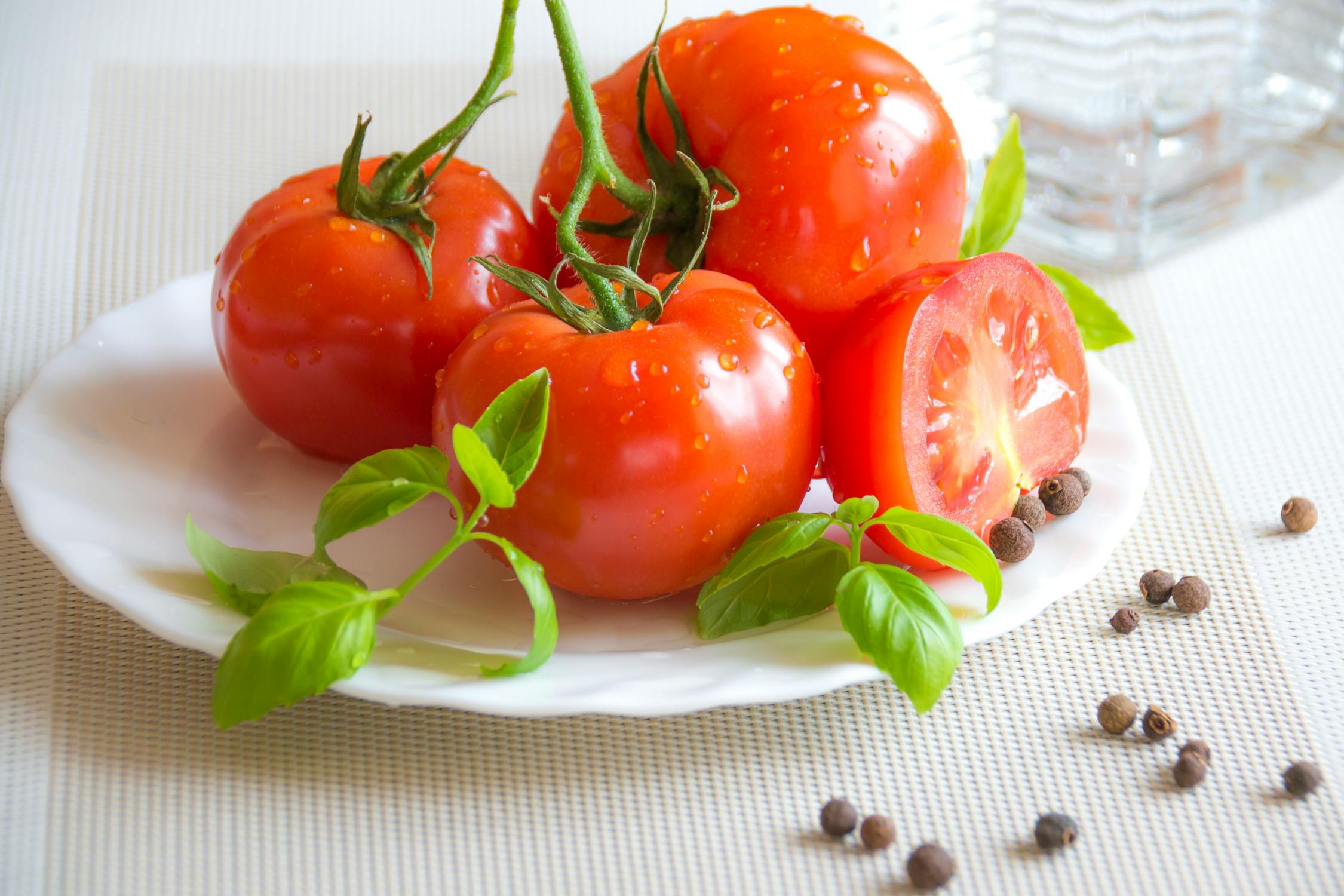
Tomatoes can be extremely harsh on sensitive stomachs. They are naturally acidic, which can trigger heartburn or worsen acid reflux. Tomato sauces, in particular, can be even more concentrated and irritating. Eating a big serving of marinara or salsa could leave you feeling pretty uncomfortable afterward. For people with ulcers or GERD, tomatoes can make symptoms flare up quickly. Cooked tomatoes can sometimes be easier to handle than raw ones. Choosing lower-acid tomato varieties might also reduce irritation. Some people find that pairing tomatoes with creamy or starchy foods softens the blow. If tomatoes always seem to cause trouble, it might be best to limit how often you eat them. Your stomach will probably feel more at peace without the extra acid.
14. Onions

Onions add amazing flavor to meals but can cause major trouble in your digestive system. They’re high in fructans, a type of carbohydrate that many people struggle to digest. When your gut bacteria break down fructans, it creates a lot of gas. This leads to bloating, cramping, and sometimes even diarrhea. Raw onions tend to be worse than cooked ones when it comes to causing problems. Cooking onions helps break down some of those tough fibers and sugars. Still, even cooked onions can trigger issues if you’re sensitive. If onions always seem to leave you hurting, you might want to cut back or try substitutes like chives. Keeping track of how much you eat can make a big difference. Your meals will still taste great without a side of stomach pain.
15. High-Fat Desserts

High-fat desserts like cheesecake, brownies, and rich ice cream might taste heavenly, but they are tough on your gut. They’re loaded with sugar and fat, both of which slow down digestion. This can leave you feeling sluggish, bloated, and uncomfortable for hours after eating. High sugar levels also feed bad gut bacteria, throwing your whole digestive balance off. Plus, many rich desserts are also packed with dairy, adding another layer of potential issues. Some people even experience acid reflux after indulging in heavy sweets. It’s not about cutting out desserts completely but being smarter about portions. A small treat every now and then won’t wreck your stomach the way a giant slice might. Listening to your body’s signals can help you enjoy desserts without regret. Sometimes just a few bites are all you need.
Conclusion
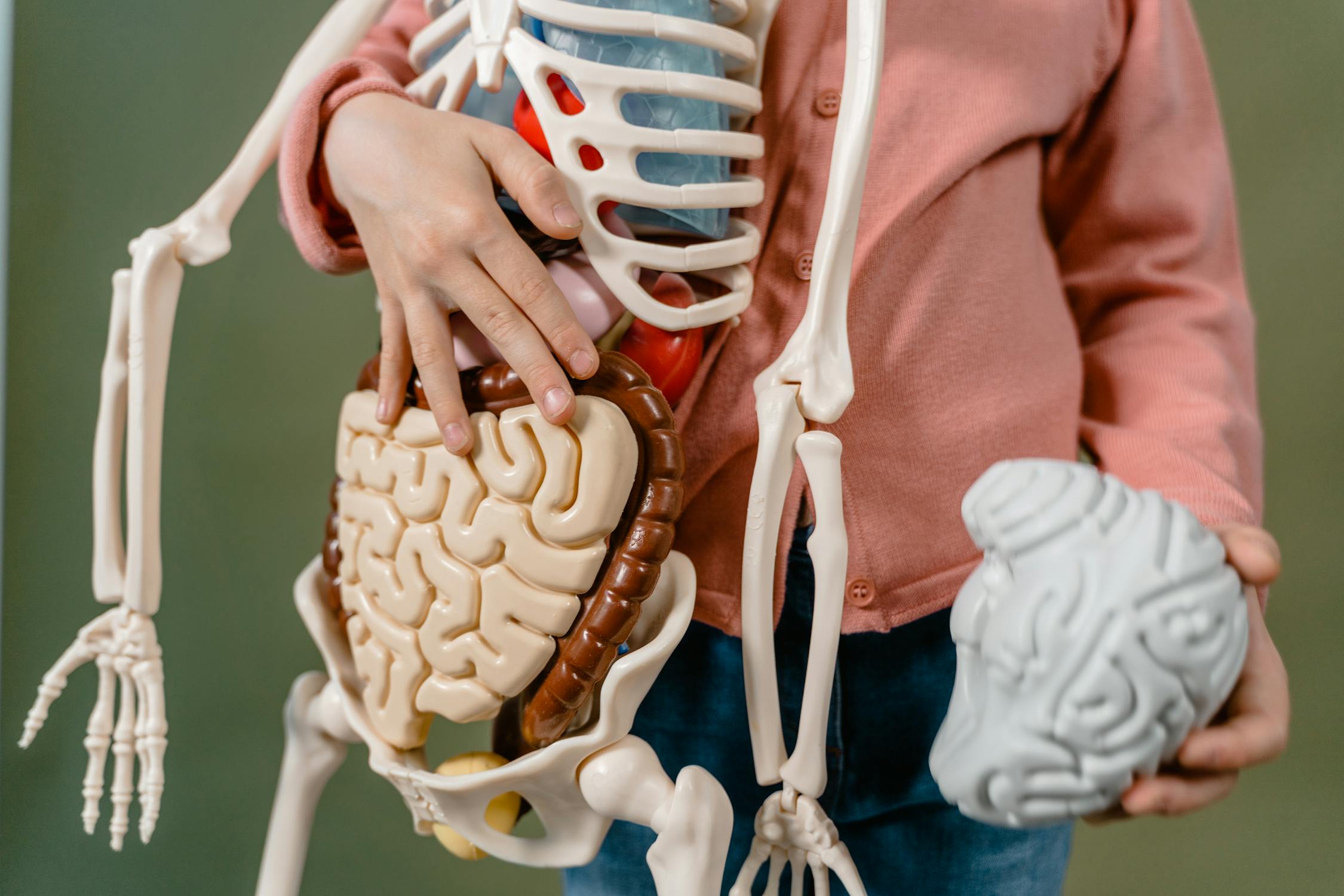
Figuring out the worst foods for your stomach isn’t always easy, but it’s definitely worth the effort. Some of the tastiest foods out there can turn into real troublemakers once they hit your digestive system. Bloating, gas, cramps, and reflux aren’t just random — they’re often a sign your body doesn’t like something you ate. Paying attention to how you feel after meals can help you spot your personal problem foods. You don’t have to give up everything you love, but a few smart swaps can make a huge difference. Soaking beans, cooking veggies, or switching to low-acid coffee are small changes that go a long way. And when in doubt, sticking to simpler, less processed foods is usually a safe bet. Your gut will be happier, and you’ll probably have more energy, too. At the end of the day, a happy stomach makes everything else feel better. Take care of it, and it’ll take care of you.
Read More: 10 Satiating Foods That Help Fill You Up Without Feeling Deprived
